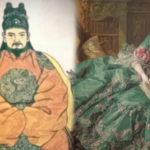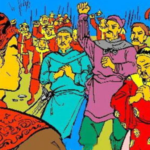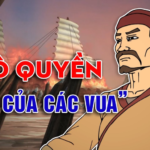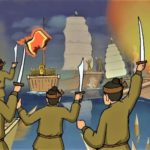April 30th Liberation Day and May 1st International Workers’ Day are two significant holidays in Vietnam, carrying a wealth of historical significance. April 30th marks the day of Southern Liberation and National Reunification (April 30, 1975), while May 1st is celebrated as International Workers’ Day annually. These two holidays are officially paid holidays as per the current Vietnamese labor law.
Delve into the origins and significance of these two important days with us! This year, the holidays will span five consecutive days. Be sure to check the detailed holiday schedule to plan your recreational activities with your family.
1 Origins and Significance of Southern Liberation Day, April 30th
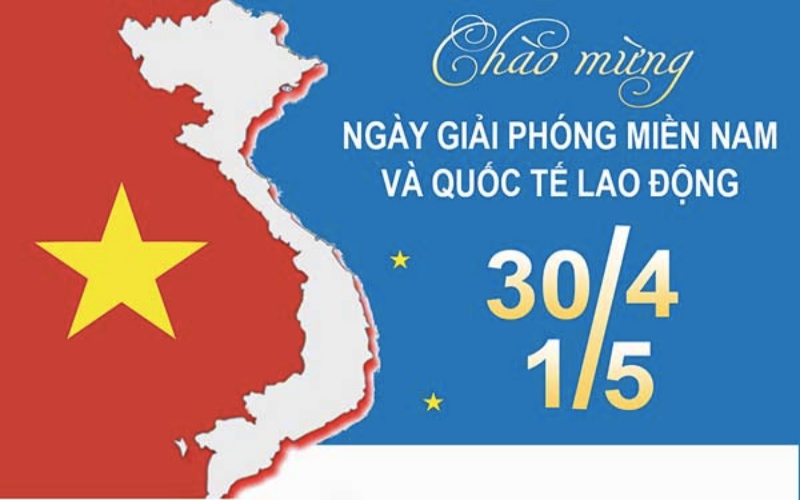 What is April 30th and May 1st?
What is April 30th and May 1st?
April 30th is a momentous day in Vietnamese history, marking the end of the Vietnam War and the reunification of the country. It was on this day that the Vietnam People’s Army and the Liberation Army of South Vietnam entered Saigon, officially bringing an end to the war in Vietnam.
Annually, the people of Vietnam reflect on the heroic image of a Vietnam People’s Army tank crashing through the iron gate of the Independence Palace on April 30, 1975.
 April 30, 1945
April 30, 1945
This day commemorates the surrender of President Duong Van Minh and Prime Minister Vu Van Mau of the Republic of Vietnam to the Provisional Revolutionary Government of the Republic of South Vietnam. Subsequently, to honor the great contributions of the late President Ho Chi Minh, Saigon was renamed Ho Chi Minh City.
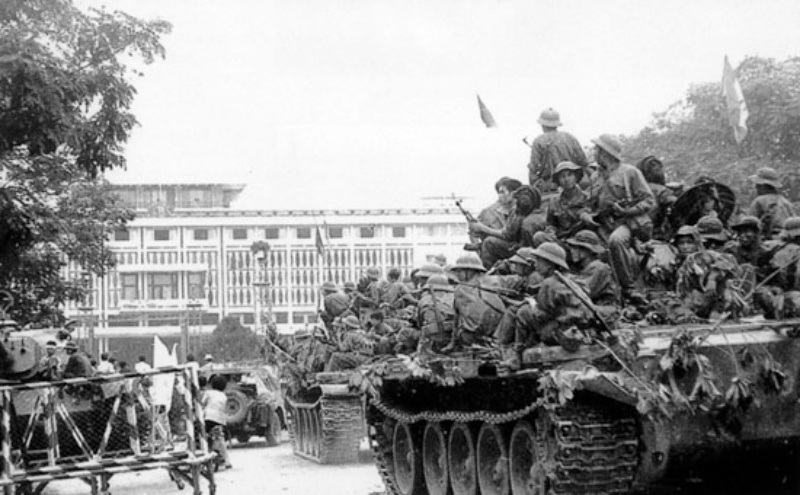 Vietnam People’s Army Tank Crashing Through the Independence Palace Gates on April 30, 1975
Vietnam People’s Army Tank Crashing Through the Independence Palace Gates on April 30, 1975
April 30th holds a special place in the hearts of the Vietnamese people as it signifies the end of a long and arduous struggle for independence and unity. It is a day to remember the strength and unity of the Vietnamese people and their rich history of nation-building and defense spanning millennia.
The holiday serves as an annual reminder to younger generations of the sacrifices made by countless compatriots who fought and died for the independence, freedom, and development we enjoy today.
Not only did this victory liberate the country from over a century of colonial rule, but it also inspired national liberation movements around the world.
Explore meaningful and insightful quotes to commemorate the sacrifices made by those who fought for Vietnam’s independence and unity.
2 Origins and Significance of International Workers’ Day, May 1st
May 1st is a day that belongs to the working class worldwide, originating from the conflicts between employers and employees during the rise of capitalist nations (in the latter half of the 19th century). During this period, industrial production surged in these countries, leading to the severe exploitation of the working class.
To protect their rights and demand an eight-hour workday, on May 1, 1886, a majority of American workers went on strike. These strikes were met with harsh repression in the form of firings and violent attacks, culminating in the Haymarket affair in Chicago, USA. Despite the challenges, their struggle eventually succeeded, and their demands were met.
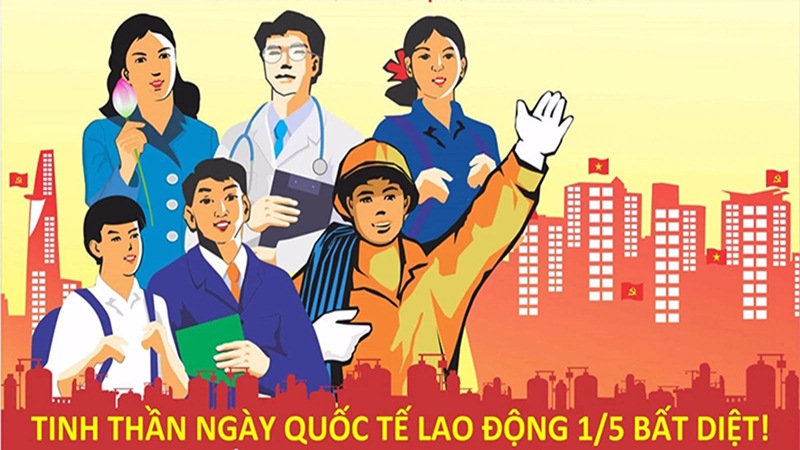 International Workers’ Day, May 1st
International Workers’ Day, May 1st
Subsequently, May 1st was officially adopted by the Second International as a day to commemorate, showcase strength, and continue the common struggle of the international working class.
In Vietnam, May 1st also holds significance as a day to commemorate the struggle against colonialism and imperialism, marking the country’s fight for independence, freedom, democracy, and socioeconomic rights.
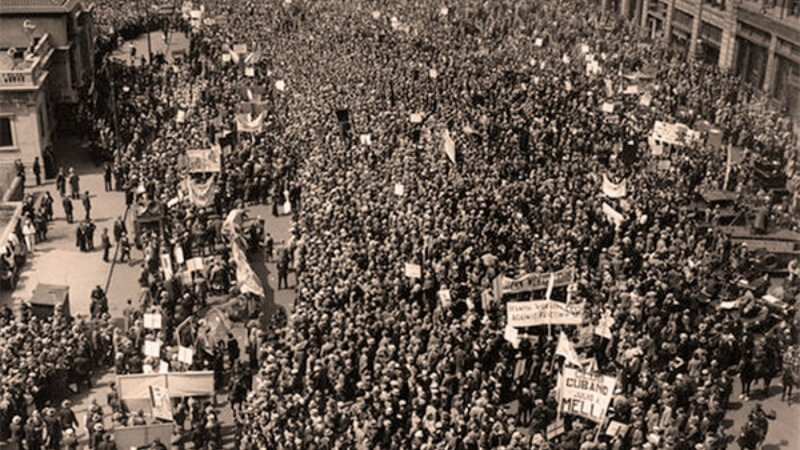 May 1, 1886
May 1, 1886
May 1st celebrates the relentless struggle of the working class for peace, democracy, and social progress. In Vietnam, International Workers’ Day serves to motivate workers and farmers, fostering a spirit of revolutionary solidarity with the international community.
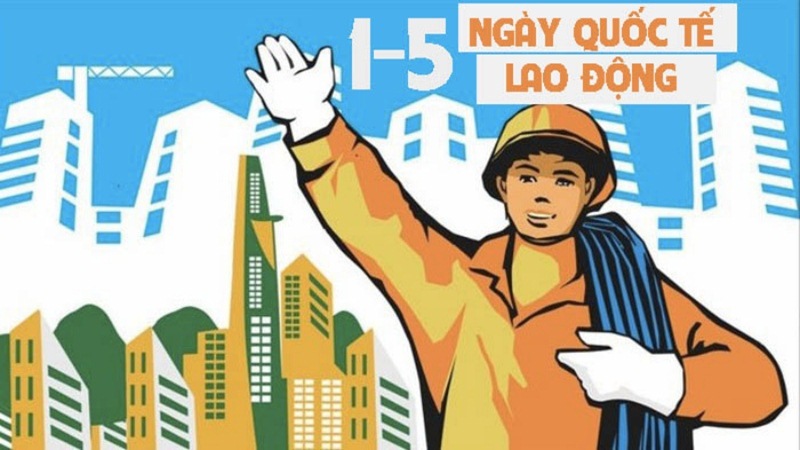 Significance of May 1st
Significance of May 1st
These are the origins and significance of April 30th and May 1st. We hope this information is helpful to you.
The Brave King Who Defeated the Southern Han Army and Was Overthrown by His Sister-in-law
This is the king known as the bravest king in Vietnamese history, but later he was dethroned by his own sister-in-law.
























